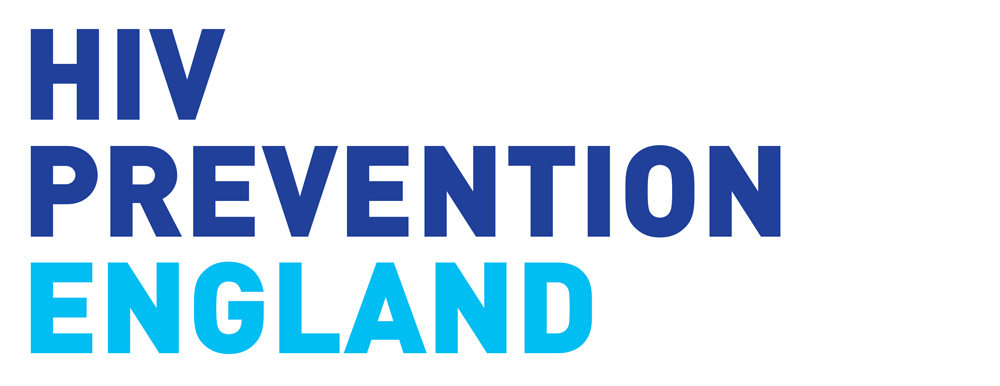On 18 May 2017 HIV Prevention England (HPE) hosted its biennial national HIV prevention conference in London.
More than 300 professionals were in attendance from all over England and beyond. To date, there have been over 200 views of the event livestream.
If you missed the event or specific workshops, please see all the available presentations on our events page. If you have any questions regarding individual presentations, email us and we will get back to you.
Plenary Sessions
- Morning Plenary Session [Video]
- Afternoon Plenary Session [Video]
- Closing Plenary Session [Video]
Workshops
- Combination Prevention [Video]
- HIV Prevention Innovation Fund: Project Showcase
- Prevention for Gay and Bisexual Men
- HIV Testing in Community Settings
- PrEP: From Trial to Reality [Video]
- Home Sampling and Self Testing
- Engaging African Communities
- Systems Approaches to Testing and Prevention
